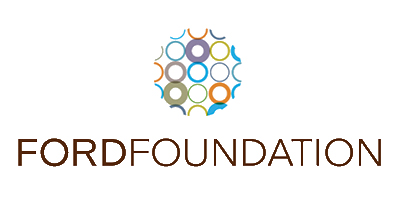(Nov. 2019 - Oct. 2021)
Background
The issues which this project will address are the increasing impunity against and criminalization of indigenous peoples and the lack of access to justice and redress by the victims and their relatives and communities.This situation occurs in a context where systemic racism and discrimination against indigenous peoples persists.
Many States and non-state actors like corporations do not recognize indigenous peoples' rights to their lands, territories and resources which justify increasing encroachments into their lands and waters and their forced displacement from their territories. So-called development projects, many of which are extractive projects, mega-infrastructures and agro-businesses are brought into indigenous territories without undertaking good faith consultations and obtaining the consent of the affected peoples.
When indigenous peoples resist these projects and assert and claim their collective and individual rights enshrined in the UN Declaration on the Rights of Indigenous Peoples (UNDRIP) and the ILO Convention No. 169 on Indigenous and Tribal Peoples, they are criminalized or killed.
Criminalization refers to the ways in which criminal law is used improperly, through the manipulation of the State’s punitive power, by the State and non-state actors against human rights defenders.
These actions seek to intimidate, tarnish reputations, immobilize and lock human rights defenders in costly legal battles and restrict the democratic spaces for protests and empowerment activities. Baseless allegations and trumped up charges and complaints are filed against indigenous rights defenders, leaders and activists and their organizations. Even the traditional livelihoods of indigenous peoples, such as shifting cultivation, hunting and gathering, etc. are criminalized in some countries.
Impunity is the other face of indigenous peoples’ realities. The Global Witness reports in 2016 and 2017 show the disproportionate representation of indigenous peoples amongst those who were killed because they were defending their lands and protecting the environment.
The Frontline Defense Global Analysis of 2018 shows that in 2018 there were 321 defenders in 27 countries who were killed and more that 77% of the total were activists defending land, environmental and indigenous peoples’ rights. Most of them were fighting against extractive industries and State-sponsored mega-projects. Most of the perpetrators of these killings have not been brought to justice.
Addressing the issues of worsening criminalization and impunity against indigenous peoples and their lack of access to justice and redress, will challenge the status quo. It will put more pressure on the States, who are the duty-bearers of human rights and the corporations who should implement the Guiding Principles on Business and Human Rights, particularly their responsibility to protect human rights and ensure access to redress.
Goal
To prevent, respond, reduce and eradicate acts of criminalization and impunity against indigenous peoples and to provide better protection and access to justice for actual and potential victims not only as individuals but as collectives or communities.
Visit Indigenous Peoples' Rights International (IPRI) for more information


